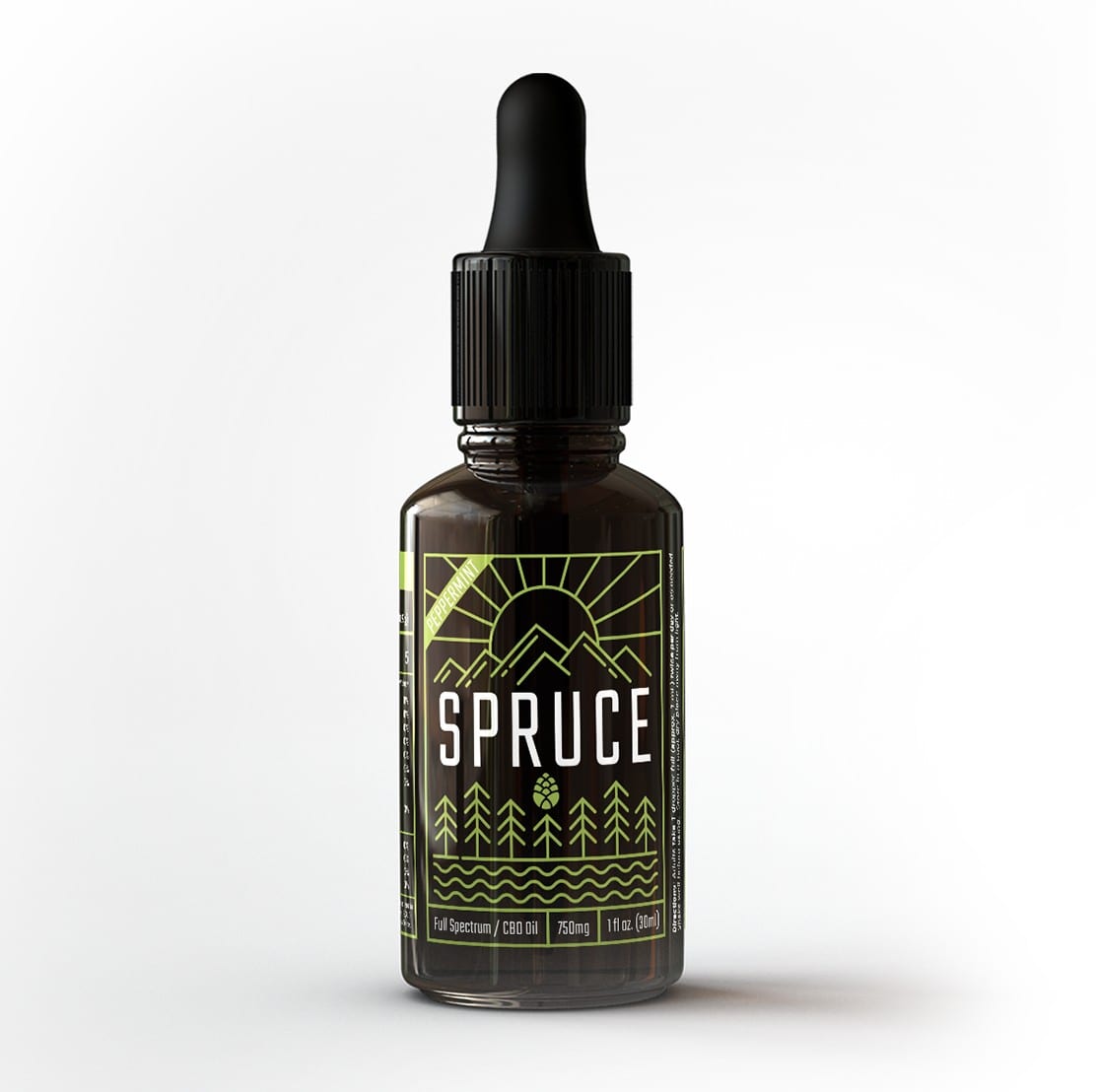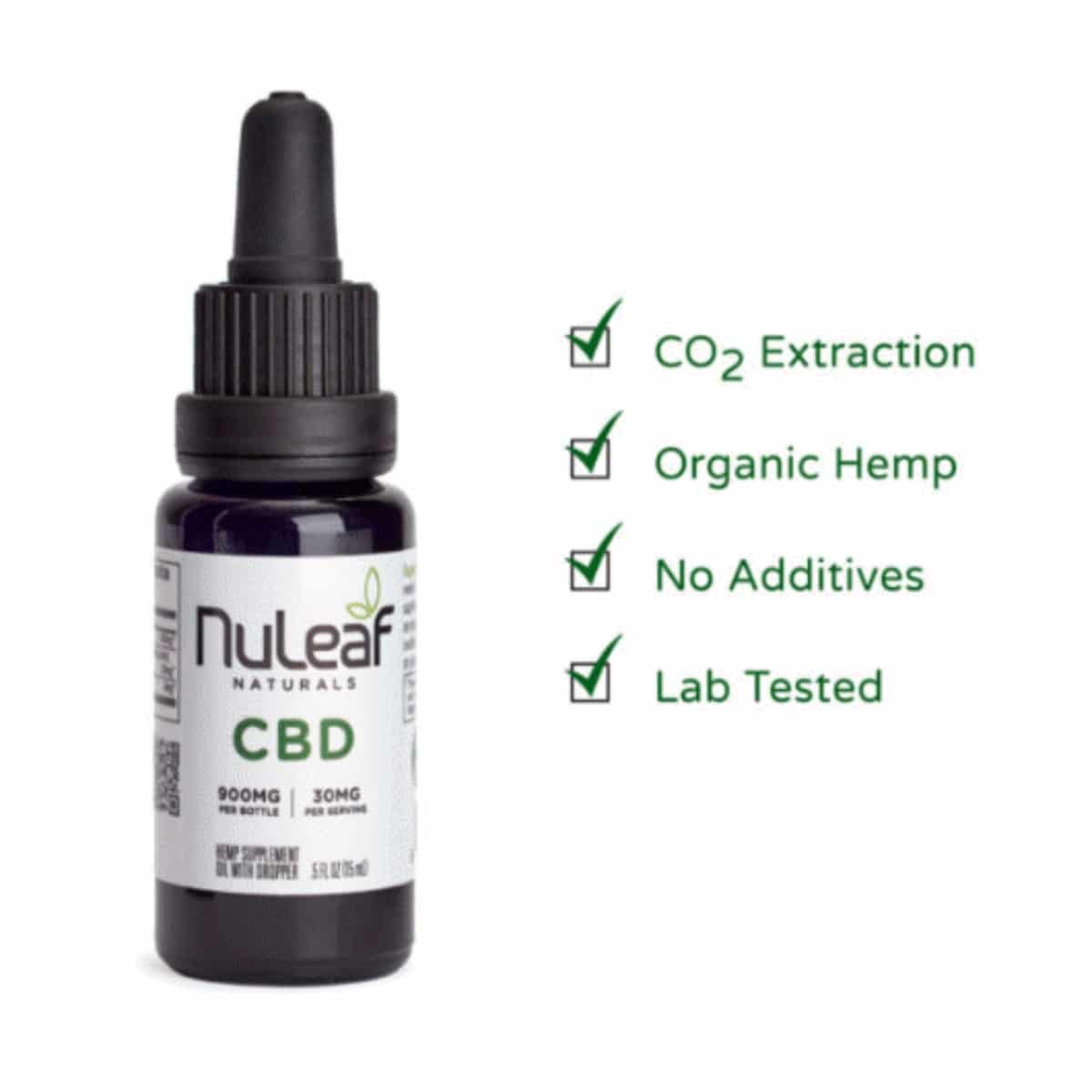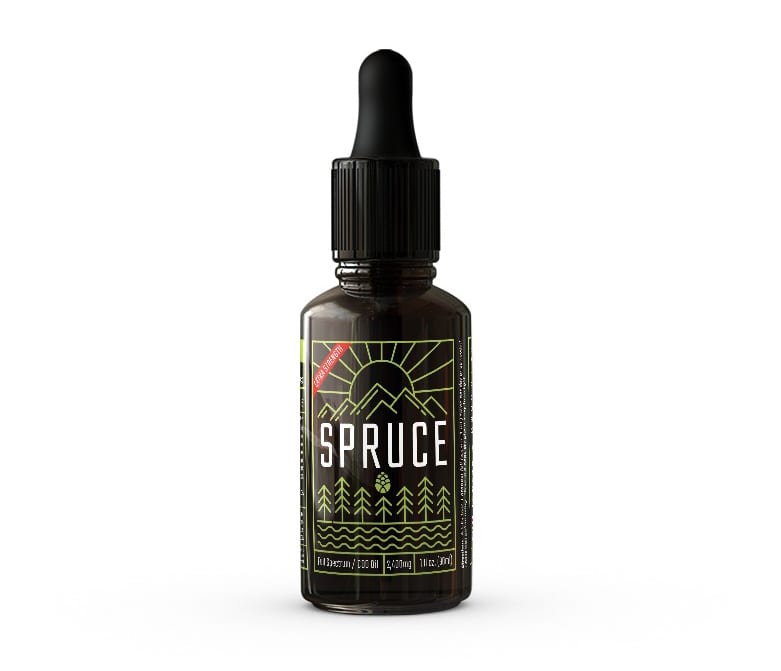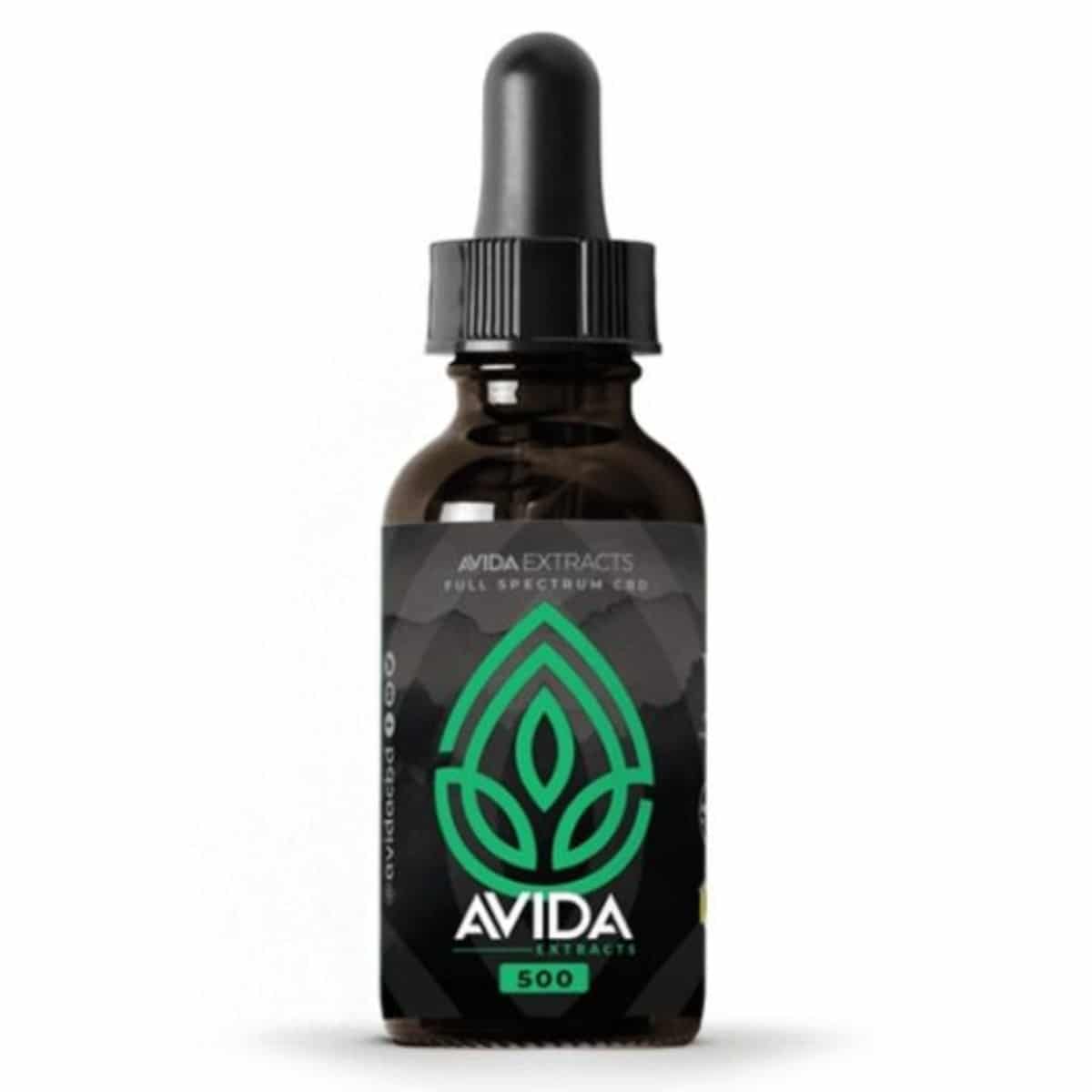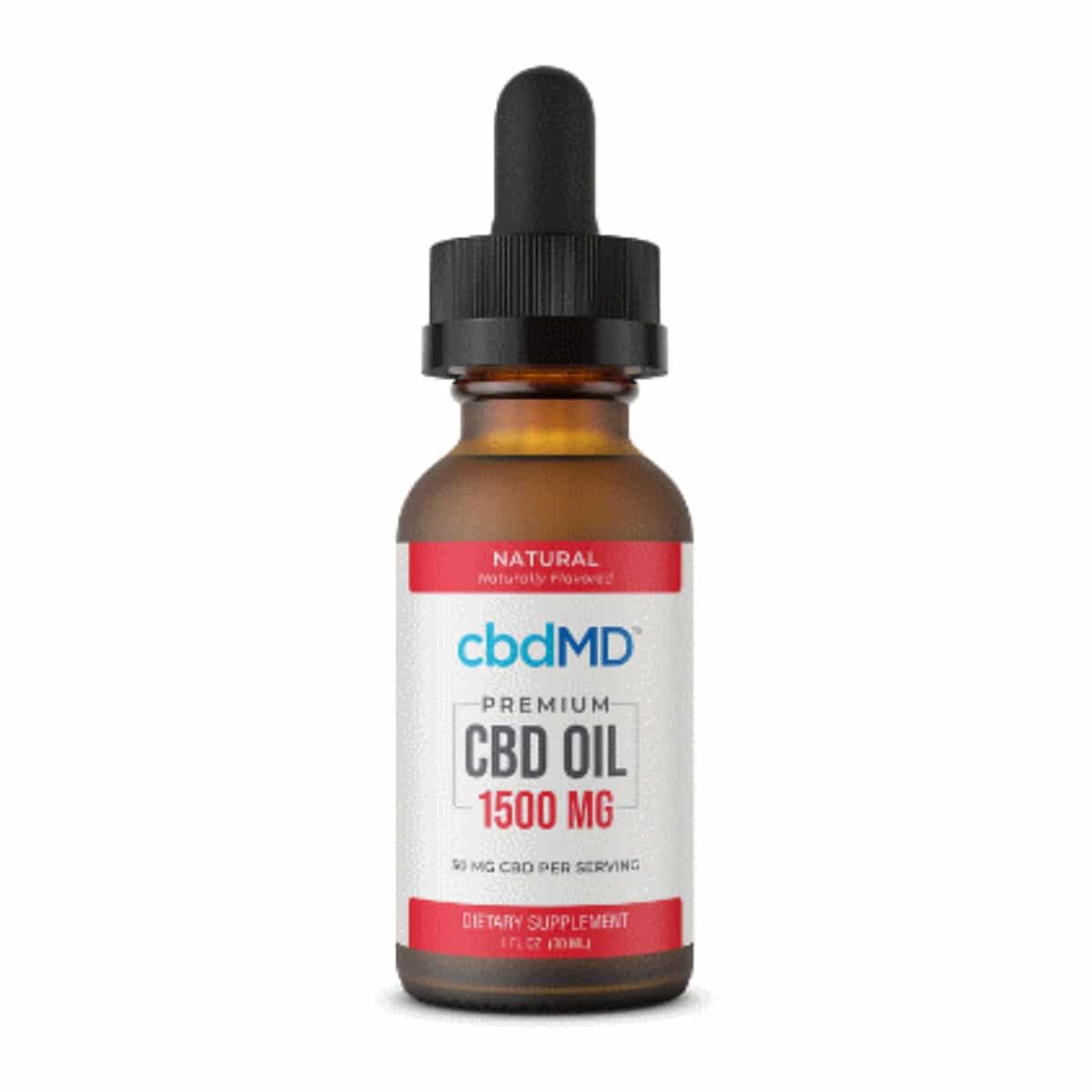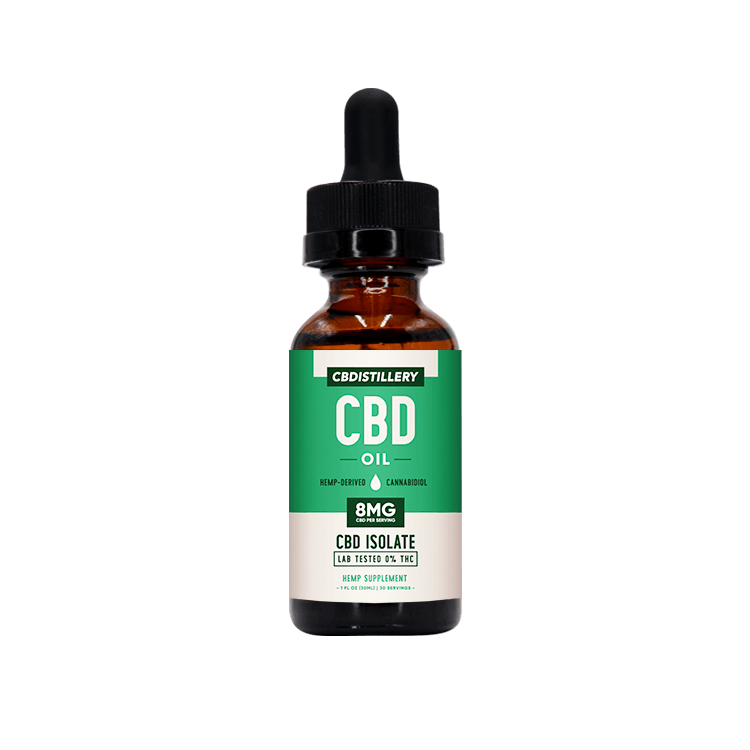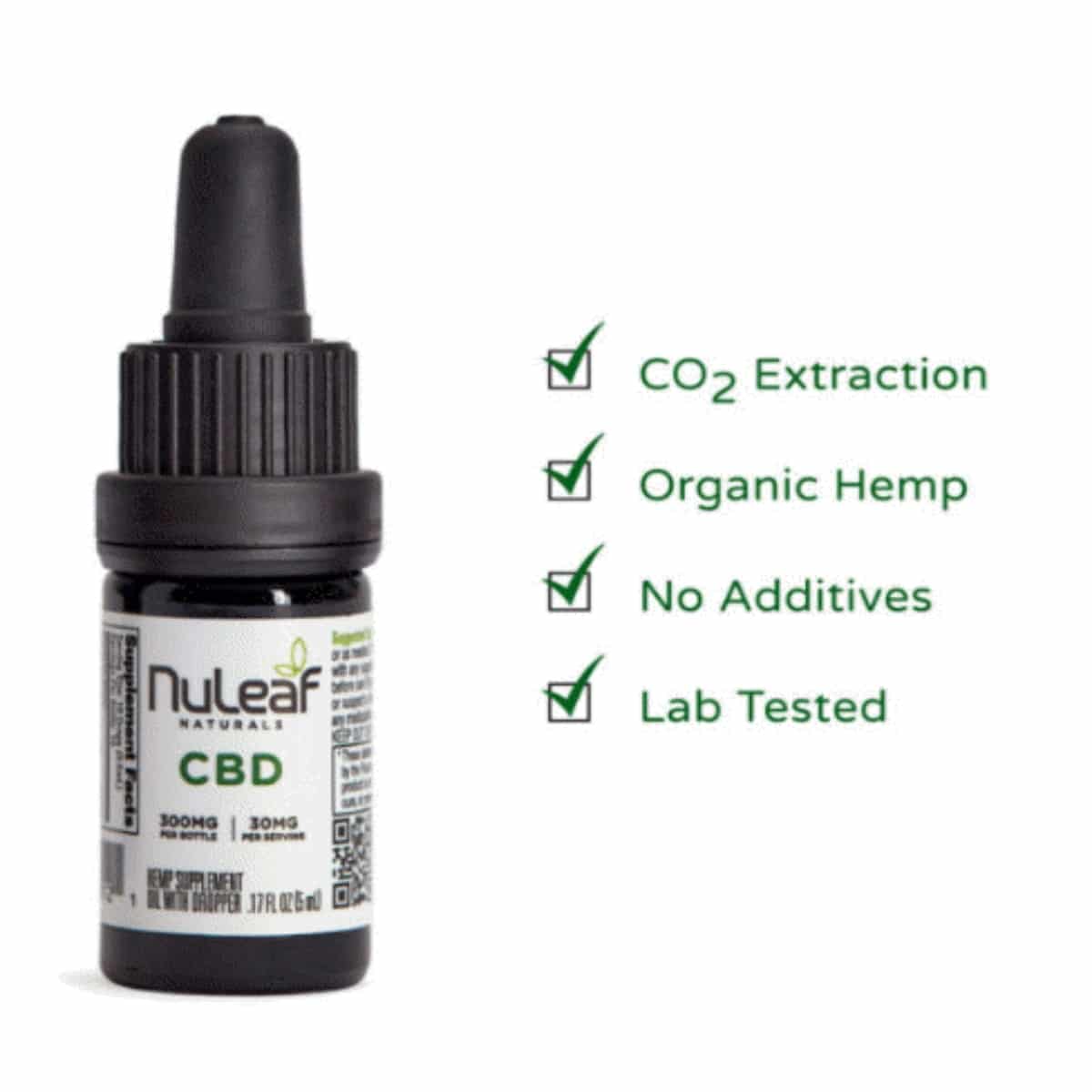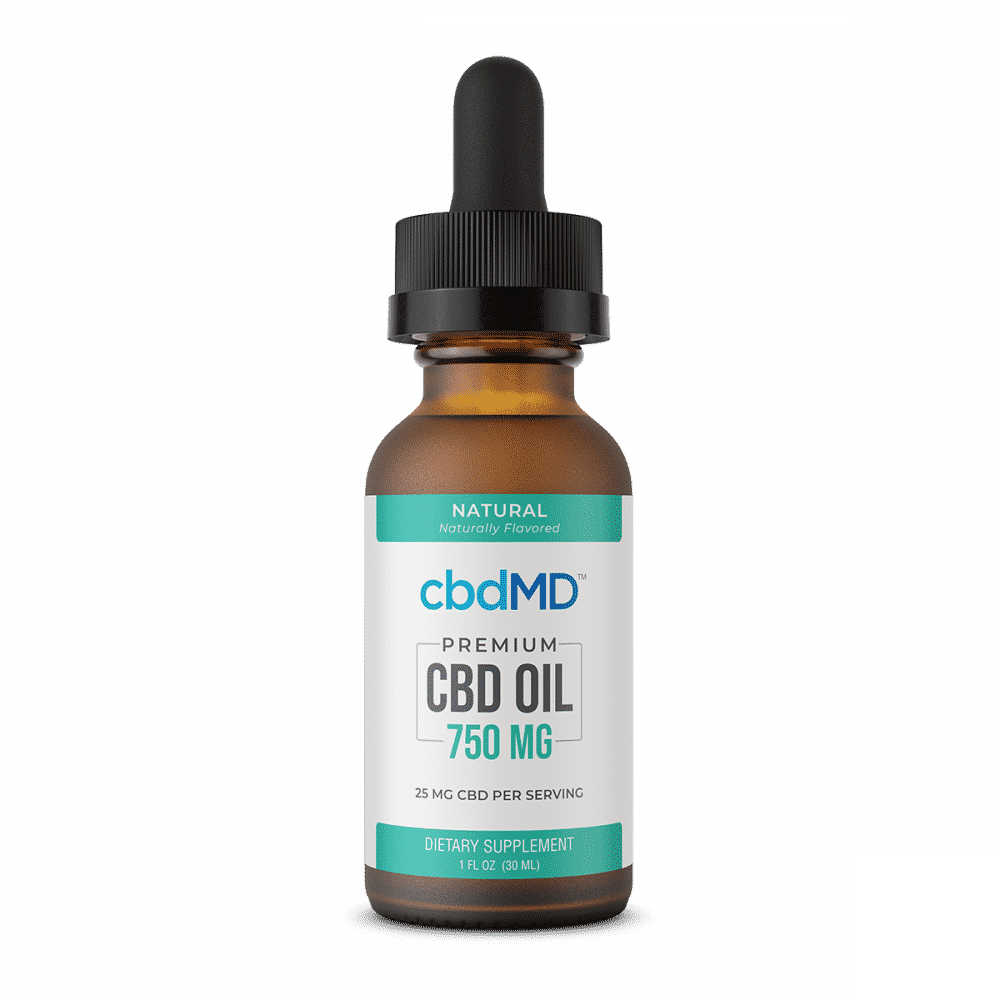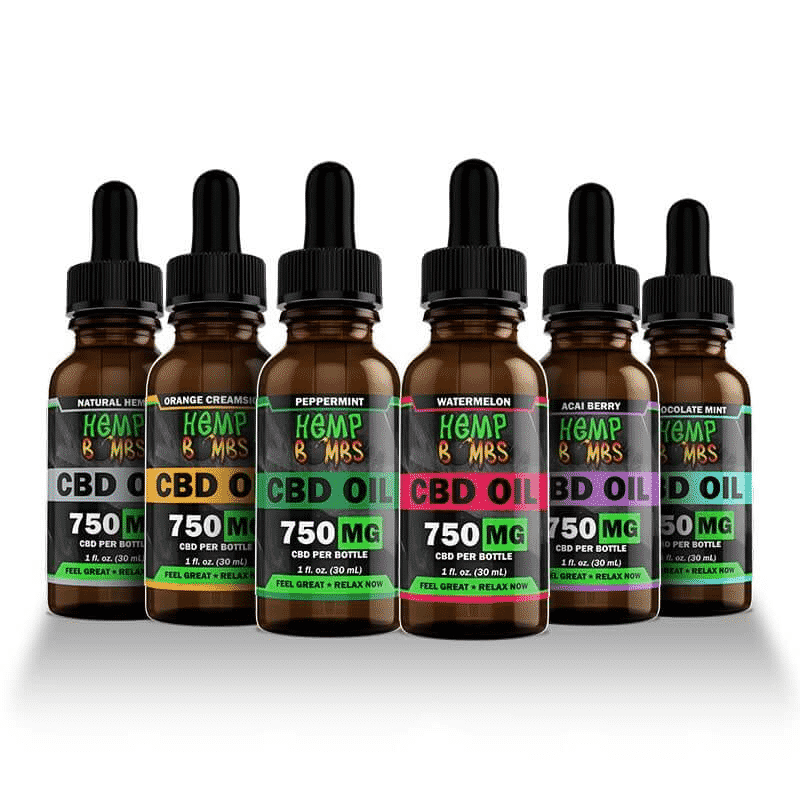Best CBD Oil for Alzheimer’s
Are you looking for an alternative solution to manage Alzheimer’s disease? Below are some CBD product recommendations you may consider to help you with this condition.
Best CBD Oil for Alzheimer’s 2025
- Spruce 750mg Lab Grade CBD Oil Editor's Pick
- NuLeaf Naturals 900mg Full Spectrum Hemp CBD Oil Best Organic
- Spruce 2400mg Lab Grade CBD Oil Editor's Pick
- Avida Full Spectrum CBD Oil Tincture 500mg Best Seller
- cbdMD CBD Oil Tincture Natural 1500mg Best Natural Alternative
- CBDistillery THC Free CBD Oil Tinctures Best THC-Free
- cbdMD CBD Oil Tincture Natural 750mg Best Customer Rated
- NuLeaf Naturals 300mg Full Spectrum Hemp CBD Oil Best Starter
- Hemp Bombs 750mg CBD Oil Best Flavor Range
Compare the best CBD Oil for Alzheimer’s in 2021
Best CBD Oil for Alzheimer’s
1. Spruce 750mg Lab Grade CBD Oil
cbdc overall score
4.8
CBDC Evaluation Table/Score
| Pros | Cons |
|---|---|
|
Mid-strength |
No other flavors |
|
Natural peppermint flavor |
|
|
Made from 100% organic and natural ingredients |
Overview
Each bottle of the 750mg CBD oil tincture contains 25mg of CBD per dropper full. The oil is peppermint flavor to mask any unpleasant tastes related to CBD.
2. NuLeaf Naturals 900mg Full Spectrum Hemp CBD Oil
cbdc overall score
5.0
CBDC Evaluation Table/Score
| Pros | Cons |
|---|---|
|
Pure CBD hemp |
No other flavors |
|
All natural |
|
|
Approximately 300 drops total |
Overview
Natural remedy for various illnesses. NuLeaf Naturals’ CBD oil is a whole-plant extract containing a full spectrum of naturally occurring synergistic cannabinoids and terpenes.
3. Spruce 2400mg Lab Grade CBD Oil
cbdc overall score
5.0
CBDC Evaluation Table/Score
| Pros | Cons |
|---|---|
|
Extra Strength |
Tastes bitter |
|
No artificial flavoring or colors |
No THC-free option |
|
Made from 100% organic and natural ingredients |
Overview
The largest bottle of CBD oil that Spruce offers contains 2,400mg of CBD. This is full-spectrum CBD oil, which is the maximum possible potency. Each high potency dropper full contains 80mg of CBD. There are no flavorings in it, which allows for the most CBD to fit in the 30ml bottle.
4. Avida Full Spectrum CBD Oil Tincture 500mg
cbdc overall score
4.6
CBDC Evaluation Table/Score
| Pros | Cons |
|---|---|
|
Light Spearmint flavor |
No other flavor |
|
Non-THC, Non-detected in drug test |
Overview
Avida Extracts Full Spectrum CBD oil is the latest iteration of the brand’s advanced Avida CORE Spectrum technology. They use a proprietary full spectrum blend, resulting in the highest naturally occurring Phyto-cannabinoids and Terpenes with THC (<0.3) to support your health.
5. cbdMD CBD Oil Tincture Natural 1500mg
cbdc overall score
4.7
CBDC Evaluation Table/Score
| Pros | Cons |
|---|---|
|
Various delicious flavors to choose from |
cbdMD uses MCT as its carrier oil so individuals who are allergic with coconuts should consider other brand options |
|
Has vegan, organic, and gluten-free ingredients |
|
|
Free shipping for this particular product within USA |
|
|
World-class customer service team |
Overview
cbdMD’s CBD oil tinctures are made using only CBD sourced from medical hemp and MCT oil as a carrier oil. Tinctures are offered in orange, mint, natural, and berry flavors. Safe for daily use, the oil tinctures are packaged with a built-in rubber dropper to adjust CBD dosage easily. The packaging is made to be easy to transport and discreet to use.
6. CBDistillery THC Free CBD Oil Tinctures
cbdc overall score
4.4
CBDC Evaluation Table/Score
| Pros | Cons |
|---|---|
|
60-Day Satisfaction Guarantee |
Dropper is a bit shaky |
|
Various strengths |
|
|
Oil extracted from aerial plant parts of US grown industrial hemp |
|
|
Sourced from non-GMO industrial hemp grown in the USA through natural farming practices |
Overview
CBDistillery’s Isolate CBD Oil Tinctures harness the power of pure CBD. CBD Isolate Oil Tinctures include 0.0% THC. When you use CBDistillery CBD Isolate Oil Tinctures, you can be assured you’re using the highest quality CBD on the market.
7. NuLeaf Naturals 300mg Full Spectrum Hemp CBD Oil
cbdc overall score
4.6
CBDC Evaluation Table/Score
| Pros | Cons |
|---|---|
|
Pure CBD hemp |
No other flavors |
|
All natural |
A bit pricey compared to competitors |
|
Approximately 100 drops total |
Overview
This is one of several concentrations from NuLeaf Naturals. As the lowest concentration, it is the company’s best option for those new to CBD oil. The product is lab-tested and fully organic. It is full-spectrum, so it contains THC in small quantities.
8. cbdMD CBD Oil Tincture Natural 750mg
cbdc overall score
4.4
CBDC Evaluation Table/Score
| Pros | Cons |
|---|---|
|
Vegan and Gluten free |
Does not ship internationally |
|
Has a third-party lab test |
|
|
Wide variety of CBD strengths and sizes |
Overview
A 750mg bottle of cbdMD’s Broad Spectrum Oil Tincture does not contain THC. It also has a fairly wide flavor range which is perfect for those who prefer other taste. Vegan consumers are considered since cbdMD offers Vegan products. Aside from all of that, another reason why people love cbdMD is because it’s free from harmful chemicals.
9. Hemp Bombs 750mg CBD Oil
cbdc overall score
3.9
CBDC Evaluation Table/Score
| Pros | Cons |
|---|---|
|
Wide variety of flavors |
Incomplete information about the product |
|
Lab test results are complete |
Does not ship to all international countries |
|
30-day money-back guarantee |
Overview
Hemp Bombs offer CBD Oil Tinctures that come in a 30ml bottle containing 750mg of CBD. They provide a wide range of flavors perfect for those that have a knack for sweets. Consumers can safely intake this because it’s free of chemicals and pesticides. Hemp Bombs also offer a 20% off on products upon subscription.
How CBD Helps with Alzheimer’s Disease
The suggested neuroprotective, anti-inflammatory, and antioxidant properties of cannabidiol (CBD), the non-psychoactive hemp derivative, have been explored and studied for their prospective benefits for Alzheimer’s disease(1).
Alzheimer’s disease (AD) is the most common form of dementia that involves progressive and irreversible damage in memory and cognitive skills(2).
The degenerative cause of Alzheimer’s disease is believed to start in the hippocampus region of the brain that is responsible for memory(3).
Some of the characteristics of the brain of a patient with Alzheimer’s disease include the following(4):
- Presence of beta-amyloid protein build-up (amyloid plaques)
- Abnormal accumulation of tau protein (neurofibrillary tangles)
- Chronic inflammation
- Hardening of the arteries (atherosclerosis)
- Beta-amyloid accumulation in the brain arteries
This disease disrupts neurons, resulting in apoptosis (cell death) and loss of neuron function(5).
According to a clinical and scientific review of Alzheimer’s, the disease usually occurs in females over 65(6). The symptoms of Alzheimer’s comes in three stages: the early stage, middle stage, and late-stage(7).
People with Alzheimer’s may exhibit the following symptoms depending on the severity of the disease(8):
- Memory loss
- Mood and personality changes
- Increased anxiety or aggression
- Inability to learn new things
- Problem recognizing family and friends
- Hallucinations, paranoia, and delusions
- Inability to communicate
- Seizures
- Increase sleeping
- Loss of bladder and bowel control
It was reported in a study that endocannabinoids, particularly CBD, may play a vital role in the management of Alzheimer’s disease by offsetting the hyperactivity of amyloid-induced tau protein’s inflammatory and neurochemical consequences(9).
These amyloid-induced tau proteins may accumulate or form an abnormal aggregate that is said to cause Alzheimer’s(10). Endocannabinoids are naturally occurring compounds that may be found in Cannabis sativa.
Another research on the potential functionality and role of the endocannabinoid system (ECS) in the treatment of Alzheimer’s disease reported that cannabinoids showed immunosuppressive effects and neuroprotective, anti-inflammatory, and antioxidant properties(11).
The ECS is responsible for the different inflammatory and immune activities and other central nervous system functions(12).
This neuromodulatory system has two primary receptors: the CB1 receptor, which regulates memory, motor control, and mood, and the CB2 receptor that is accountable for immunomodulatory functions(13).
The psychological deficiencies of Alzheimer’s patients may be linked to the cerebral disturbances in the hippocampus and frontal cortex part of the brain that are known to be abundant in CB1 receptors(14).
It was also noted that CB2 receptors in patients with Alzheimer’s were correlated with beta-amyloid plaques and levels(15).
This receptor demonstrated the potential to assist in beta-amyloid processing and may prevent neuroinflammation in people with Alzheimer’s disease(16).
Tetrahydrocannabinol (THC), the compound found in cannabis that has psychoactive effects, is shown to have a high affinity with the CB1 receptor(17).
Although CBD alone binds weakly with CB1 and CB2 receptors, it was reported in a study that CBD is said to have the capability to antagonize these receptors in the presence of THC(18).
A study also noted the neurogenesis and neuroinflammatory influences of the ECS on Alzheimer’s disease(19).
It was reported that CBD has the potential to promote neurogenesis and lessen the production of the compressed fibrous neuroglia network (gliosis)(20).
However, these promising benefits of cannabinoids in the pharmacology of Alzheimer’s disease requires further clinical trials.
Benefits of Using CBD Oil for Alzheimer’s Disease
CBD is known to have beneficial effects in psychiatric diseases, like depression, anxiety, and psychosis(21).
A murine model of cerebral malaria showed that adjunct therapy using CBD improved the test subjects’ behavioral and cognitive functions(22).
Several studies reported CBD’s possible neuroprotective, anti-inflammatory, and antioxidant properties(23). The research discussed how CBD may help in the supplemental remedy of people who suffer from neurological disorders.
In in vitro (test tube experiment done in the laboratory) models of Alzheimer’s disease, researchers examined CBD’s protective role in synaptic plasticity. This ability is defined as the changes in synapses (junctions between neurons), enabling neurons to communicate.
It was noted that CBD had protective properties against beta-amyloid peptide’s neurotoxic effects, resulting in neurodegeneration(24).
Neuroprotectant Properties
A study suggested that several cannabinoids showed possible neuroprotective effects by acting on the CB1 and CB2 receptors of the ECS(25).
The neuroprotective properties of CBD were further investigated in a study showing how the treatment of cells with CBD greatly enhanced cell survival. The paper showed that CBD averted beta-amyloid-induced neurotoxicity.
Neuroprotective means the ability to protect brain cells and nerves from impairment and possible death(26).
An animal study showed that CBD demonstrated neuroprotective activities in hypoxia-ischemia (HI)-induced (temporary occlusion of hypoxia and carotid arteries) newborn piglets(27).
It was noted in the study that CBD had exhibited little to no adverse effects when administered.
Anti-inflammatory properties
Preclinical research on neurodegenerative disorders focused on the neuroprotective properties of CBD along with its antioxidant and anti-inflammatory effects(28).
The researchers observed that CBD had anti-inflammatory properties beneficial for neuroinflammatory diseases, like multiple sclerosis(29).
CBD’s anti-inflammatory effects were also associated with microglial cell migration, including the production of pro-inflammatory mediators targeting CB2 receptors(30).
Antioxidant Properties
Individuals with Alzheimer’s disease exhibited high oxidative stress and damage connected with amyloid plaques and neurofibrillary tangles(31).
A study mentioned that the antioxidant and anti-inflammatory properties of CBD had the potential to protect against oxidative stress and its resulting protein and lipid modification(32).
Another study suggested that the combined use of CBD and THC demonstrated neuroprotective effects in animal models of Parkinson’s disease because of their antioxidant properties(33).
CBD and Neurological Disorders
Alzheimer’s disease is said to comprise 60 to 70% of dementia cases(34).
This condition is followed by other types of dementia, like vascular dementia (caused by impaired blood flow in the brain), Lewy bodies dementia (abnormal protein development in nerve cells), and frontotemporal dementia (deterioration of the brain’s frontal lobe).
The symptoms of dementia are similar to the symptoms of Alzheimer’s. Dementia also starts with memory loss or forgetfulness, behavior changes, and increasing difficulty in communication and walking(35).
According to a study, conventional medications for treating Alzheimer’s disease offer limited therapeutic effects and are associated with adverse effects(36).
Animal studies noted CBD’s effectiveness in treating acute seizures in mice and rat models(37). Seizures are one of the prominent symptoms of Alzheimer’s.
Findings may support CBD’s promise as a potential alternative in helping patients manage Alzheimer’s disease symptoms. However, these studies are limited and inconclusive.
Other studies examined CBD’s beneficial effects on other neurological diseases. These conditions include Parkinson’s disease, a brain disorder that results in balance and coordination difficulties, stiffness, and shaking, and Huntington’s disease, a progressive brain impairment that causes changes in the central nervous area.
Similar to Alzheimer’s, both of these diseases cause memory loss and cognitive disabilities.
Eight patients with Parkinson’s disease were administered CBD as a supplement to their usual therapy. Results showed that the rating scale in the psychosis questionnaire has significantly decreased(38).
However, a controlled clinical trial of CBD for Huntington’s disease suggested that the administration of 700mg of CBD a day for six weeks did not show any beneficial or adverse effects to patients with the disease(39).
How Soon Can CBD Oil be felt?
CBD oil, which is extracted from hemp, may be in the form of a tincture, vape pen cartridges, topicals, edibles, and patches(40).
It is common practice to take CBD oil tinctures sublingually(41). However, they may also be infused in edibles, like capsules and gummies, or applied topically.
Different forms of CBD oil also have various onset times. These types of CBD may be categorized by delivery systems or according to the routes in which they are taken(42).
CBD administration routes include inhalation, sublingual absorption, ingestion, and transdermal and topical application(43).
Sublingual Absorption
Sublingual delivery is when the CBD oil is dispensed under the tongue through a dropper and held for at least 90 seconds for the mouth’s mucous membrane to absorb the product(44).
Through this method, CBD avoids passing through the stomach and liver and is diffused in the capillaries, eventually penetrating the bloodstream.
Taken sublingually, CBD’s bioavailability or absorption rate is at 6% to 20%. These figures are higher than the bioavailability of ingested CBD products(45).
Moreover, CBD sublingual absorption has a 15 to 30-minute onset time. Its effects may last from 4 to 6 hours.
Ingestion
Ingestion of CBD is the most common method of administering CBD oil(46). This approach is also known as the “first-pass effect.”
In this route of delivery, CBD passes through the liver before being absorbed into the bloodstream.
Onset time ranges from 30 to 90 minutes, depending on your body’s metabolism. This period is relatively long compared to the onset time of other routes of administration(47). However, the duration of the effects of CBD ingestion lasts the longest: 6 to 8 hours at most.
Edibles, including capsules, gummies, drinks, candies, and others, are the standard CBD products that may be administered through ingestion.
Inhalation
The delivery method that has the fastest onset time is the inhalation method through vaping and smoking(48).
Inhalation has an onset time of 2 to 15 minutes before the user experiences CBD’s effects. This method allows CBD to be absorbed through the lungs and into the bloodstream.
Vaping or smoking has an absorption rate of 17% to 44%, and its effects may last for 2 to 4 hours(49). However, according to the National Institute on Drug Abuse, some case studies reported that smoking marijuana may increase susceptibility to lung infections(50).
Transdermal Absorption
CBD gels and patches use the transdermal absorption route. This method allows CBD to penetrate the dermis of the skin and go into the bloodstream(51).
Transdermal CBD products have an onset time of 15 to 30 minutes and may last for 4 hours for gels and 8 hours for transdermal patches. Transdermal patches are CBD-infused adhesive products that are normally applied to the wrist or ankle(52).
Topical Absorption
Topical CBD products may be applied directly to the skin for more targeted relief(53). These topicals are generally used to reduce skin inflammation, itchiness, or muscle pain.
This method does not pass through the bloodstream. Instead, it allows CBD to interact with the CB2 receptors of the skin(54).
A 10 to 15 minutes onset time is expected when using CBD topicals. Its effects may last from 2 to 4 hours.
Risks of Using CBD for Alzheimer’s
A review on the safety and side effects of CBD reported that CBD generally has a safe and better side effect profile compared to other drugs(55).However, treating Alzheimer’s with CBD needs to be handled with caution to avoid adverse effects and further damage to the quality of life of the patient.
Aside from CBD’s benefits, there are also known side effects that need to be considered before administering CBD to individuals with Alzheimer’s.
Some of the common adverse effects of CBD include(56):
- Dry mouth
- Drowsiness
- Fatigue
- Diarrhea
- Changes in appetite
- Changes in weight
- Nausea
Other risks of CBD include its possible drug-to-drug interactions. CBD may reduce or increase another drug’s effect(57).
CBD may induce sleepiness and drowsiness(58). Medications with similar effects should be taken with caution.
CBD and Its Legality
Industrial hemp is the derivative of Cannabis sativa with a low amount of THC and more abundant quantities of CBD. Under the 2018 Farm Bill, it is federally legal to manufacture CBD-rich hemp products in the United States(59).
However, the US Food and Drug Administration (US FDA) approved one CBD-infused drug for the treatment of childhood epilepsy only: Epidiolex. The medication aims to help treat rare forms of epilepsy, like Lennox-Gastaut syndrome and Dravet syndrome(60).
CBD Dosage
There is no universally accepted and approved CBD dosage for wellness or possible treatment of a condition. You should consult a doctor to avoid overdose or unwanted drug-to-drug adverse effects.
For first–time users, it is advisable to start low and go slow when it comes to CBD. Starting with a low dosage of CBD may allow users to adjust their dose more efficiently and carefully.
Things to Consider When Buying CBD Products for Alzheimer’s
Although CBD has promising benefits in managing Alzheimer’s disease symptoms, you must evaluate the following before picking the best CBD oil product for this disorder.
-
Type of CBD Extract
CBD and THC are found in the Cannabis plant. Their significant difference lies in their ability to induce euphoria.
CBD is the non-addictive and non-psychoactive cannabinoid normally found in hemp or cannabis strains that contain 0.3% THC. Contrastingly, THC is the psychoactive component of marijuana that has the ability to produce a high in users(61).
CBD products are categorized into three types based on the content of the extract. Broad-spectrum CBD and CBD isolates do not have any traces of THC.
Moreover, broad-spectrum CBD has some cannabinoids present in the hemp plant (except THC), while CBD isolates have pure CBD only(62).
Meanwhile, the whole-plant extract or full-spectrum CBD contains all the phytocannabinoids found in the hemp plant, including traces of THC, terpene profiles, and flavonoids. These phytocompounds and cannabinoids are believed to produce a synergistic effect known as the entourage effect(63).
-
Source of Hemp
Knowing the source of hemp oil or CBD extract used in a product, the quality of hemp, farming methods used, and the company’s protocols and regulations help when picking the right CBD product.
Most CBD brands claim that they use organic, US-grown hemp. Oregon, Colorado, North Carolina, and Kentucky are a few states that are part of the hemp pilot program(64).
These states follow the US Department of Agriculture’s (USDA) procedures in researching and cultivating industrial hemp(65).
-
Certificate of Analysis
It is a prudent choice to examine the certification of analysis (COA) of each CBD product before deciding to buy it.
The COA shows the information on the CBD concentration and potency of the product and the laboratory results for microbials, chemicals, solvents, and pesticides.
Laboratory tests may be conducted by the brand (an in-house lab test) or by a third-party laboratory.
-
Amount of CBD Concentration and Potency
The CBD concentration and potency indicated in the COA features the amount of CBD per container and the amount of CBD per serving. These details may be useful when deciding on the dosing and administration of CBD products.
-
Extraction Method
The CBD extraction method is the process in which the hemp extract is obtained. It determines the purity and quality of the CBD extract.
Ethanol and CO2 extraction methods are the most commonly used approaches in obtaining CBD extracts(66).
-
Ingredients
It is best to check the CBD product’s ingredients to be aware of the possible allergic reactions you may have to its components. This practice also avoids the occurrence of adverse effects upon CBD intake.
CBD products often contain carrier oils that may contribute to the beneficial effects of CBD. Two of the most common carrier oils are medium-chain triglyceride (MCT) coconut oil and hempseed oil.
Hempseed oil is known for being a source of healthy digestible proteins and dietary nutrients(67). Moreover, MCT oil is commonly derived from coconuts and has omega-3 suitable for cardiovascular diseases(68).
Product Frequently
Asked Questions
-
How can CBD help with Alzheimer’s?
CBD binds with the endocannabinoid receptors that are found in the central nervous system. The brain tissues involved in Alzheimer’s are located in the brain’s hippocampus and frontal cortex, which have substantial amounts of the ECS’ CB1 receptors(69).
-
What evidence or research exists to say that CBD helps with Alzheimer’s?
Studies showed the neuroprotective properties of CBD that may be beneficial in the treatment of Alzheimer’s. It was also shown that CBD may have the ability to induce neurogenesis in Alzheimer’s disease(70).
-
Is there any evidence that CBD can make Alzheimer’s worse?
The limited amount of research studies on the effects of CBD on Alzheimer’s disease does present conclusive findings on whether CBD contributes to the worsening of the condition.
However, a physician’s advice is recommended before using any CBD products.
-
Will CBD interact with any current medication I may be taking for Alzheimer's?
CBD may interact with medications that are similar to antidepressants, antihistamines, and opioids(71). It is advisable to consult your doctor before taking any CBD products.
-
Are there other treatments I should consider alongside CBD to help with Alzheimer’s?
Due to CBD’s possible interaction with other medications, it is advisable to consult with a physician before taking any other treatment with CBD.
Due to the drowsy side effect of CBD, taking it with herbal supplements like catnip, California poppy, Jamaican dogwood, melatonin, sage, and skullcap may cause excessive sleepiness(72).
-
Can I fail a drug test if I use CBD for Alzheimer’s?
If you take CBD alone or CBD with low THC doses, there are fewer chances of getting a positive drug test result. However, THC accumulated in the body may be detectable by drug tests.
-
What is the dosage for Alzheimer’s?
There is no known dosage for CBD. However, starting on low doses and slowly increasing intake is advisable for first-time users.
-
What are the benefits of CBD for Alzheimer’s?
CBD has anti-inflammatory, antioxidant, and neuroprotective properties that may be beneficial for people who have Alzheimer’s disease.
-
Will the benefits be noticed right away when using CBD as a treatment?
The effects of CBD depends on the route of administration and form of CBD product used. CBD may be taken sublingually, topically, transdermally. It may also be inhaled or ingested(73).
- Watt, G., and Karl, T., (February 2017), In vivo Evidence for Therapeutic Properties of Cannabidiol (CBD) for Alzheimer’s Disease, Behavioural Neuroscience, Western Sydney University, retrieved from https://www.frontiersin.org/articles/10.3389/fphar.2017.00020/full
- NIH National Institute on Aging, (n.d.), What Is Alzheimer’s Disease?, retrieved from https://www.nia.nih.gov/health/what-alzheimers-disease#:~:text=Alzheimer’s%20disease%20is%20an%20irreversible,appear%20in%20their%20mid%2D60s
- Korolev, I. O., (2014), Alzheimer’s Disease: A Clinical and Basic Science Review, retrieved from https://d1wqtxts1xzle7.cloudfront.net/43513575/Korolev_MSRJ_2014.pdf?1457459825=&response-content-disposition=inline%3B+filename%3DAlzheimers_Disease_A_Clinical_and_Basic.pdf&Expires=1609710358&Signature=fcBSL2J1A3E4uZh2dJF10s4UYe9s6uZgWiVzwV6zNvdwxxpoFZmXbRSkCGooyz4OnsV68JsyyDwp2fF~kqYHb7rm7hoiBK27dlq6PloziAGveYFJPJTfTZYUgLDW05V1GsjosI5L698l3tt4v24y-WItogMFH01-XVLwEhEzkxfSd9~StgGSfcoLARKfICSJCrEjcrCCJ5BdgmloFvPLhxknC3jlkPAfVWjUh7IB2i3gEgV6l287suMbfm~iXUdRMzJC5GvfwVNHHHQxUiIF6Uj0D40WGU~MeQJXzpRcFmxxwb7q6SeRYwDGc9nUg57~A9-ZE3VS8fgmdYFT~mnU~A__&Key-Pair-Id=APKAJLOHF5GGSLRBV4ZA
- NIH, National Institute on Aging, (n.d.), What Are the Signs of Alzheimer’s Disease?, retrieved from https://www.nia.nih.gov/health/what-are-signs-alzheimers-disease
- NIH National Institute on Aging, (n.d.), What Happens to the Brain in Alzheimer’s Disease?, retrieved from https://www.nia.nih.gov/health/what-happens-brain-alzheimers-disease
- Korolev, I. O., Op. Cit.
- NIH National Institute on Aging, (n.d.), What Are the Signs of Alzheimer’s Disease?, retrieved from https://www.nia.nih.gov/health/what-are-signs-alzheimers-disease
- NIH National Institute on Aging, (n.d.), What Are the Signs of Alzheimer’s Disease?, retrieved from https://www.nia.nih.gov/health/what-are-signs-alzheimers-disease
- Bisogno, T., Di Marzo, V., (2008), The Role of the Endocannabinoid System in Alzheimer’s Disease: Facts and Hypotheses, Current Pharmaceutical Design, vol.14:23, pp. 2299-2305(7), https://doi.org/10.2174/138161208785740027
- Mondrgaon-Rodriguez, S., Perry G., et al., (2012), Amyloid Beta and Tau Proteins as Therapeutic Targets for Alzheimer’s Disease Treatment: Rethinking the Current Strategy, retrieved from https://www.hindawi.com/journals/ijad/2012/630182/
- Karl, T., Cheng, D., Garner, B., et. al., (March 2012), The therapeutic potential of the endocannabinoid system for Alzheimer’s disease, retrieved from https://www.tandfonline.com/doi/abs/10.1517/14728222.2012.671812
- Lu, H. C., & Mackie, K. (2016). An Introduction to the Endogenous Cannabinoid System. Biological psychiatry, 79(7), 516–525. https://doi.org/10.1016/j.biopsych.2015.07.028
- Vuckovic, S., Srebro D., et. al., (November 2018), Cannabinoids and Pain: New Insights From Old Molecules, retrieved from https://www.frontiersin.org/articles/10.3389/fphar.2018.01259/full
- Basavarajappa, B. S., Shivakumar, M., et. al., (June 2017), Endocannabinoid system in neurodegenerative disorders, retrieved from https://onlinelibrary.wiley.com/doi/full/10.1111/jnc.14098
- Basavarajappa, B. S., Ibid.
- Basavarajappa, B. S. Ibid.
- Vuckovic, S., Op. Cit.
- Ibid.
- Bonnet, A. E., & Marchalant, Y. (2015). Potential Therapeutical Contributions of the Endocannabinoid System towards Aging and Alzheimer’s Disease. Aging and disease, 6(5), 400–405. https://doi.org/10.14336/AD.2015.0617
- Watt, G., Op. Cit.
- Campos, A. C., Fogaca M. V., Scarante, F. F., et. al., (May 2017), Plastic and Neuroprotective Mechanisms Involved in the Therapeutic Effects of Cannabidiol in Psychiatric Disorders, retrieved from https://www.frontiersin.org/articles/10.3389/fphar.2017.00269/full?handl_url=https://successtms.com/blog/new-treatments-for-depression&handl_ip=66.249.75.162
- Campos, A. C., Brant, F., et. al., (March 2015), Cannabidiol increases survival and promotes rescue of cognitive function in a murine model of cerebral malaria, retrieved from https://www.sciencedirect.com/science/article/abs/pii/S0306452215000196?via%3Dihub
- Fiani, B., Sarhadi, K.J., Soula, M. et al. Current application of cannabidiol (CBD) in the management and treatment of neurological disorders. Neurol Sci 41, 3085–3098 (2020). https://doi.org/10.1007/s10072-020-04514-2
- Hughes, B., Herron, C.E. Cannabidiol Reverses Deficits in Hippocampal LTP in a Model of Alzheimer’s Disease. Neurochem Res 44, 703–713 (2019). https://doi.org/10.1007/s11064-018-2513-z
- Campos, A. C., Fogaca, M. V., Sonego A. B., et. al., (October 2016), Cannabidiol, neuroprotection and neuropsychiatric disorders, retrieved from https://www.sciencedirect.com/science/article/pii/S1043661816000396?casa_token=jx7TW47s14wAAAAA:lin05x7hzV0XcWhHo1gzd5KaCvYjL1xSp296LfW5bYx3yykj-qkpnspAwBtOUx1ApY9NdNYPhbXm
- SHapira, A. H. V., (2010), Chapter 18 – Neuroprotection in Parkinson’s Disease, retrieved from https://www.sciencedirect.com/science/article/pii/B9781416066415000180
- Alvarez, F. J., Lafuente, H., et. al., (December 2008), Neuroprotective Effects of the Nonpsychoactive Cannabinoid Cannabidiol in Hypoxic-Ischemic Newborn Piglets, retrieved from https://www.nature.com/articles/pr2008260
- Fernandez-Ruiz, J., Sagredo, O., et. al., (May 2012), Cannabidiol for neurodegenerative disorders: important new clinical applications for this phytocannabinoid?, retrieved from https://bpspubs.onlinelibrary.wiley.com/doi/full/10.1111/j.1365-2125.2012.04341.x
- Fernandez-Ruiz, J., Ibid
- Ibid.
- Smith, M. A., Rottkamp, C. A., et. al., (July 2000), Oxidative stress in Alzheimer’s disease, retrieved from https://www.sciencedirect.com/science/article/pii/S0925443900000405
- Atalay, S., et. al., (November 2019), Antioxidative and Anti-Inflammatory Properties of Cannabidiol, retrieved from https://www.mdpi.com/2076-3921/9/1/21/htm
- Garcia- Arencibia, M., Gonzales, S., et. al., (February 2007), Evaluation of the neuroprotective effect of cannabinoids in a rat model of Parkinson’s disease: Importance of antioxidant and cannabinoid receptor-independent properties, retrieved from https://www.sciencedirect.com/science/article/pii/S0006899306034718?casa_token=ckXhGUFrVh8AAAAA:Ufs9MijcaKe58etpdlMar24VLlnf6aG1e8RghIv8UrQ58ot_rA-gvRfOgQN1ZbWdxmWzz5RXI7Rx
- World Health Organization, (September 2020), Dementia, retrieved from https://www.who.int/news-room/fact-sheets/detail/dementia#:~:text=Dementia%20is%20a%20syndrome%20in,million%20new%20cases%20every%20year.
- World Health Organization, Ibid.
- Watt, G., Op. Cit.
- Patra, P. H., Barker-Halinski, M., et. al., (December 2018), Cannabidiol reduces seizures and associated behavioral comorbidities in a range of animal seizure and epilepsy models, retrieved from https://onlinelibrary.wiley.com/doi/full/10.1111/epi.14629
- Zuardi AW, Crippa JA, Hallak JE, Pinto JP, Chagas MH, Rodrigues GG, Dursun SM, Tumas V. Cannabidiol for the treatment of psychosis in Parkinson’s disease. J Psychopharmacol. 2009 Nov;23(8):979-83. doi: 10.1177/0269881108096519. Epub 2008 Sep 18. PMID: 18801821.
- Consroe, P., Laguna, J., et. al., (November 1991), Controlled clinical trial of cannabidiol in Huntington’s disease, retrieved from https://www.sciencedirect.com/science/article/abs/pii/009130579190386G
- Konieczny, E., (2018), Healing with CBD, retrieved from https://drive.google.com/file/d/1AGlxnhS2SoFeOXEuysv75bd_C9pEnwsU/view
- Konieczny, E., Ibid.
- Konieczny, E., Ibid.
- Konieczny, E., Ibid.
- Echo Connection, (April 2017), How to Take CBD Oil: Ingestion, Sublingual, Topical and Inhalation Options, retrieved from https://echoconnection.org/how-take-cbd-oil-options/
- Konieczny, E., Op. Cit.
- Echo Connection, (April 2017), How to Take CBD Oil: Ingestion, Sublingual, Topical and Inhalation Options, retrieved from https://echoconnection.org/how-take-cbd-oil-options/
- Konieczny, E., Op Cit.
- Ibid
- Ibid.
- NIDA. 2020, April 8. What are marijuana’s effects on lung health?. Retrieved from https://www.drugabuse.gov/publications/research-reports/marijuana/what-are-marijuanas-effects-lung-health on 2021, January 6
- Konieczny, E., Op. Cit.
- Ibid
- Ibid
- Ibid.
- Iffland, K., Grotenhermen, F., (June 2017), An Update on Safety and Side Effects of Cannabidiol: A Review of Clinical Data and Relevant Animal Studies, retrieved from https://www.liebertpub.com/doi/full/10.1089/can.2016.0034
- Bauer, B. A., (n.d.), What are the benefits of CBD — and is it safe to use?, https://www.mayoclinic.org/healthy-lifestyle/consumer-health/expert-answers/is-cbd-safe-and-effective/faq-20446700
- Medline Plus, (n.d.), Cannabidiol (CBD), retrieved from https://medlineplus.gov/druginfo/natural/1439.html
- Ibid.
- Congressional Research Service, (n.d.), Defining Hemp: A Fact Sheet, retrieved from https://fas.org/sgp/crs/misc/R44742.pdf
- USFDA, (June 2018), FDA Approves First Drug Comprised of an Active Ingredient Derived from Marijuana to Treat Rare, Severe Forms of Epilepsy, retrieved from https://www.fda.gov/news-events/press-announcements/fda-approves-first-drug-comprised-active-ingredient-derived-marijuana-treat-rare-severe-forms
- Sansouci, J., (2020), The Rebel’s Apothecary, retrieved from https://drive.google.com/file/d/1QOnrkUAJQyilcYph8sYNptDtwsi3gZUu/view
- Ibid.
- Ibid.
- National Conference of State Legislatures. (October 2020). State Industrial Hemp Statutes. Retrieved from: https://www.ncsl.org/research/agriculture-and-rural-development/state-industrial-hemp-statutes.aspx
- USDA, (n.d.), The Agriculture Improvement Act of 2018, https://www.usda.gov/topics/hemp
- Sansouci, J., Op. Cit.
- Callaway, J. C., Pate, D. W., (2009), 5 – Hempseed Oil, retrieved from https://www.sciencedirect.com/science/article/pii/B9781893997974500115
- Harvard School of Public Health, (n.d.), Coconut Oil, retrieved from https://www.hsph.harvard.edu/nutritionsource/food-features/coconut-oil/
- Basavarajappa, B. S., Shivakumar, M., et. al., (June 2017), Endocannabinoid system in neurodegenerative disorders, retrieved from https://onlinelibrary.wiley.com/doi/full/10.1111/jnc.14098
- Bonnet, A. E., & Marchalant, Y. (2015). Potential Therapeutical Contributions of the Endocannabinoid System towards Aging and Alzheimer’s Disease. Aging and disease, 6(5), 400–405. https://doi.org/10.14336/AD.2015.0617
- Brown, J. D., & Winterstein, A. G. (2019). Potential Adverse Drug Events and Drug-Drug Interactions with Medical and Consumer Cannabidiol (CBD) Use. Journal of clinical medicine, 8(7), 989. https://doi.org/10.3390/jcm8070989
- Medline Plus, Op. Cit.
- Konieczny, E., Op. Cit.

